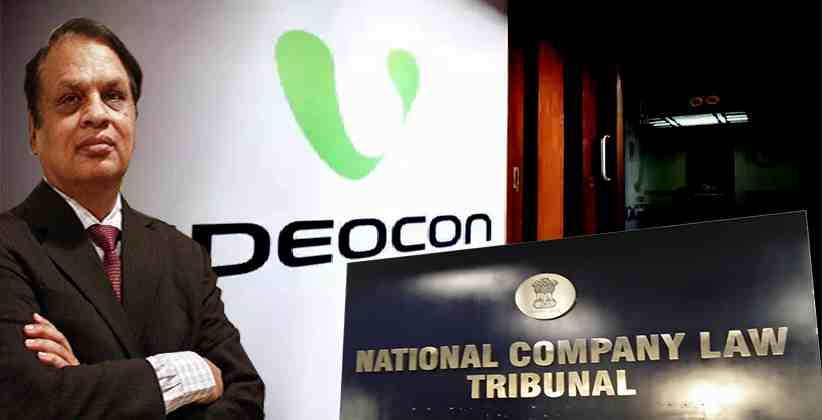The National Company Law Tribunal granted Venugopal Dhoot's request for a moratorium on the international petroleum assets of the debt-ridden Videocon Group and barred its lenders from selling the conglomerate's overseas assets.
Dhoot, founder of the Videocon Group, also sought direction from the court to declare the properties of the overseas petroleum subsidiary of the group to be the property of Videocon Industries Ltd.
Dhoot's request to merge the overseas oil and gas properties with the rest of the Videocon Group's assets was approved by a two-member tribunal consisting of the judicial member, Suchitra Kanuparthi, and technical member, Chandrabhan Singh.
The tribunal observed that Videocon Group entities would be forced into liquidation if the consolidation of the oil and gas assets isnt allowed. Foreign oil and gas assets cannot be treated separately only for benefit of Financial creditors, it said in its order.
This is the outcome of the invitation by State Bank of India in August 2019 to tender for the Group's overseas assets, which were provided as collateral for loans to Videocon entities. The proposed sale was beyond the insolvency proceedings of Videocon Group entities and the lenders, including SBI, had objected to Dhoot's plea.
Section 38 of Insolvency and Bankruptcy Code,2016 (IBC) allows for consolidation of claims in the insolvency process.
Mr. Venugopal has asked for a period to delay the payment of money so as to restrain the lenders from selling the conglomerates overseas assets. Moratorium has been defined in Section 14 of IBC.
Dhoot opposed the sale on the ground that it belonged to the overseas subsidiaries of Videocon Industries, which were set up as special purpose companies to serve as trustees and retain the properties on behalf of the Indian company. In 2007, Videocon Industries jointly applied for acquisition and expanded payments for acquisition of overseas assets.
Lenders opposed Dhoot's appeal, citing that the foreign subsidiaries were owners of oil and gas properties. They said that Videocon Industries had no rights to properties. SBI argued that the extension of the moratorium on overseas assets could delay the recovery of money from the selling of assets.
The Court investigated the chronology of the loan agreements between the lenders and the Videocon Group entities. As per order, the companies of the Videocon Group have been divided into three segments consumer home appliances, telecommunications, and overseas oil and gas sector.
Thirteen Videocon Group organizations, including the flagship Videocon Industries Ltd., are part of the category of consumer home appliances. They were funded by the lenders Rupee Term Loan Agreement, including SBI, under the obligor / co-obligor scheme.
In August 2019, the NCLT allowed the restructuring of the insolvency process for 13 Videocon Group entities on the basis of factors such as the commonality of debt repayment obligations, management, assets and liabilities and the interlacing of the financial structure between Videocon entities.
Videocon Industries retained control over the decisions of its foreign subsidiaries through the board of directors held by the Dhoot family, suggesting that they operated as agents of the Indian company. Lenders viewed Indian and foreign companies as a single economic entity when granting loans to Videocon Group's three business segments.
Videocon Industries continued to hold rights and security interests in foreign subsidiaries. Oil and gas reserves have been funded against protection on the holdings of Videocon Industries. There was a pooling of human resources and support between the agencies.
All Videocon Group entities had common borrowers, who viewed them as a single economic business unit to expand loans.
Author: Harneet Singh







